The U.S. humanoid robot sector, poised for growth, risks repeating the Drone Industry‘s missteps, where Chinese manufacturers like DJI captured the market with low-cost, user-friendly products. As companies like Agility Robotics and Apptronik advance their robots for factory and warehouse use, experts warn that without strategic protections, Chinese subsidies and data-driven AI could dominate this emerging field, threatening U.S. innovation and security, according to a Bloomberg opinion piece.
Lessons from the Drone Industry
Fifteen years ago, U.S. drone makers were testing early models when DJI’s Phantom 2 Vision, priced low with a built-in camera, disrupted the market in 2013. Chinese government financial aid enabled DJI to undercut competitors, leading to near-total market dominance.

Humanoid Robots: The Next Frontier
Humanoid robots, or “Embodied AI,” are at a similar stage. Agility Robotics’ Digit, assembled in Salem, Oregon, comprises 5,000 parts, with 80% sourced domestically, per Melonee Wise, chief product officer: “We don’t see scaled humanoid production in the U.S. as a challenge at all,” she said in an email response to Bloomberg.
Apptronik, having raised $350 million, partners with Jabil Inc. to produce its Apollo robot. CEO Jeff Cardenas emphasized leveraging existing supply chains: “The Texas–Mexico corridor and the supply chains that already existed there could be leveraged to build a robotic supply chain,” he said in an interview.
Meanwhile, China‘s Unitree Robotics offers its G1 humanoid, standing 4 feet 4 inches, starting at $16,000, though U.S. retailer RoboShop lists it for $27,300. A four-legged model sells for $2,790, with demand outpacing stock. A Chinese state-backed fund plans to invest $138 billion over 20 years in AI and robotics, per a RAND report, signaling intense competition.
Regulatory and Security Concerns
Chinese robots, powered by AI like DeepSeek, raise data privacy issues. Germany banned DeepSeek’s app for failing to safeguard user data. Similar concerns plagued DJI drones, which have been accused of collecting sensitive data. As well as the Chinese spy balloon incident. U.S. authorities recently prioritized domestic drones via an executive order, a move experts suggest applying to robots.
Protecting U.S. Innovation
Bloomberg’s Thomas Black suggest that to avoid the drone industry’s fate, the U.S. must shield its humanoid robot sector from Chinese subsidies, as seen in protections for domestic automakers against Chinese electric vehicles. Building robust supply chains, as Apptronik and Agility are doing, and enforcing Data Security regulations are critical. With robots potentially moving from factories to public spaces, the stakes are high. Domestic manufacturers have an opportunity to lead, but only with proactive policy support.
Photos courtesy of Agility Robotics and Apptronik.
Discover more from DroneXL.co
Subscribe to get the latest posts sent to your email.


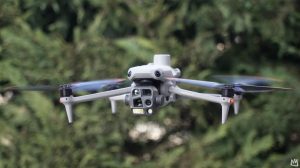

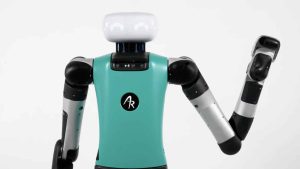
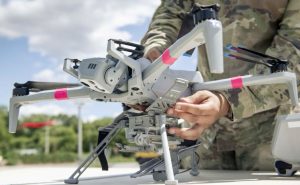


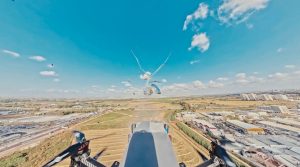
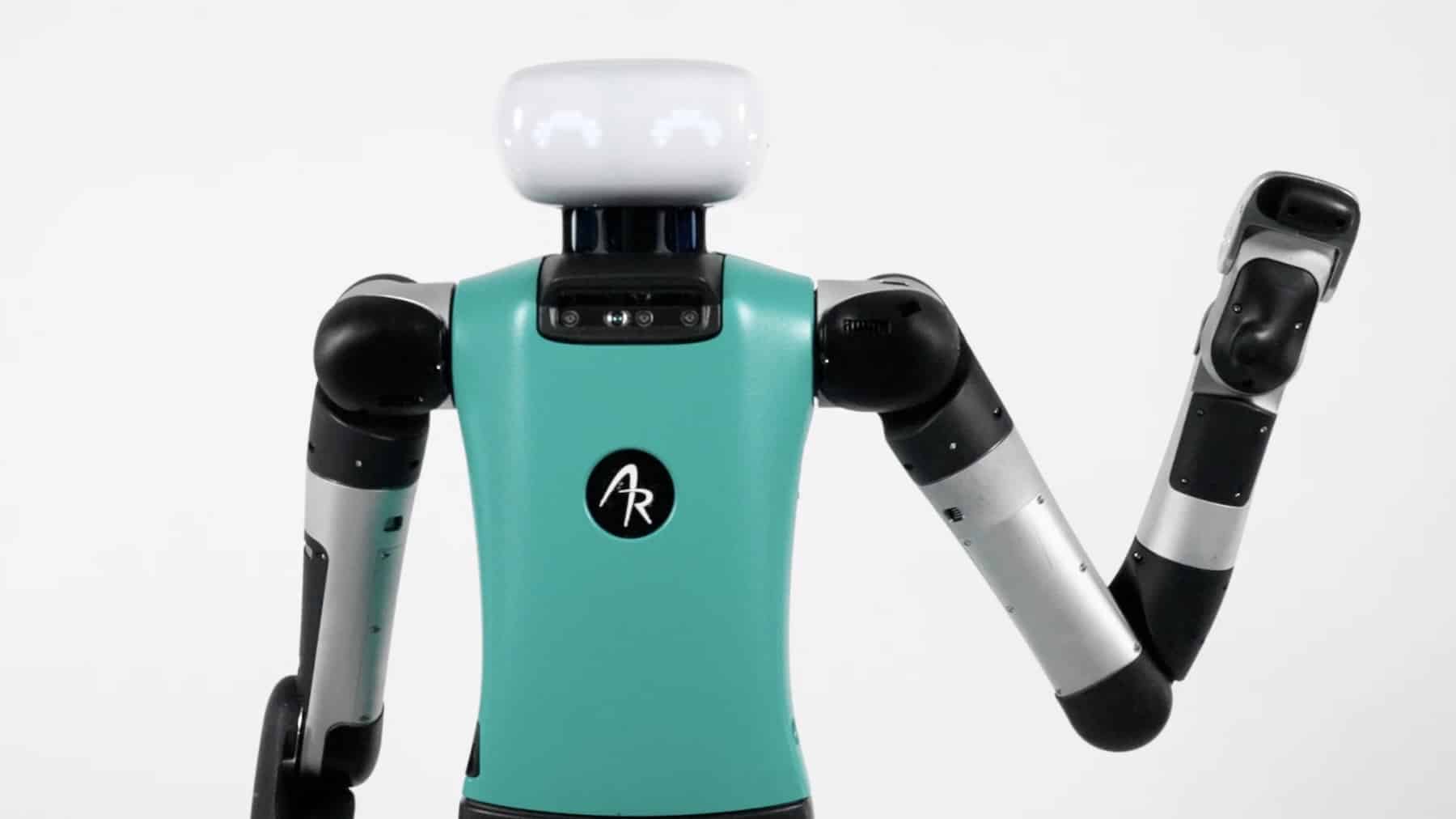


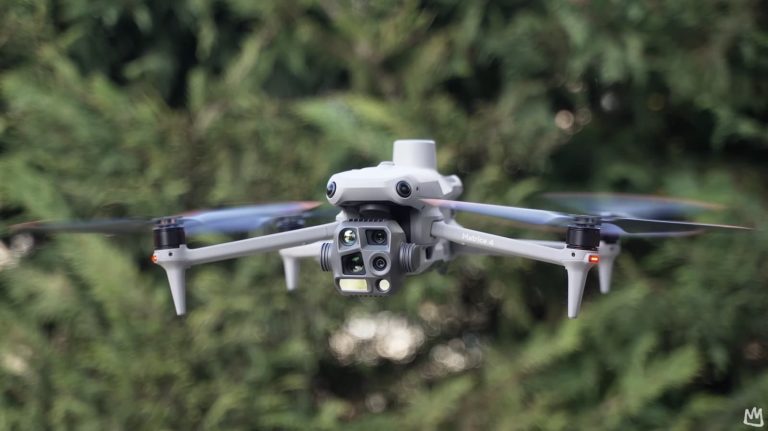

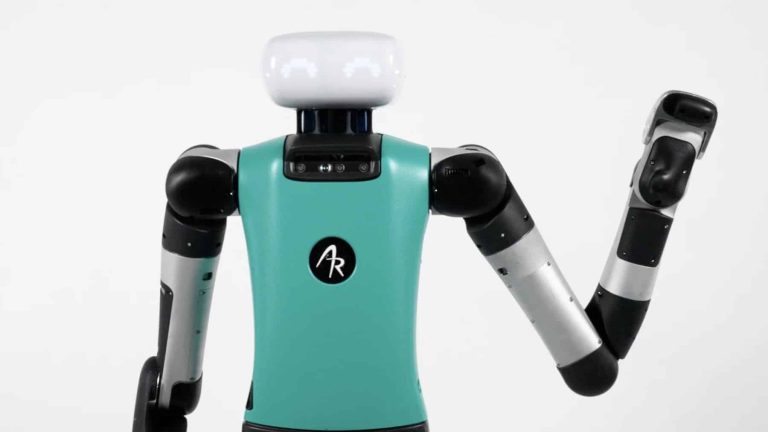
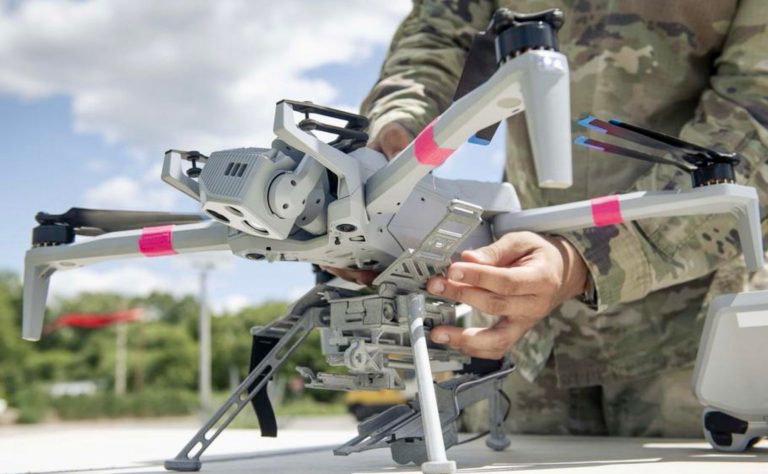


+ There are no comments
Add yours